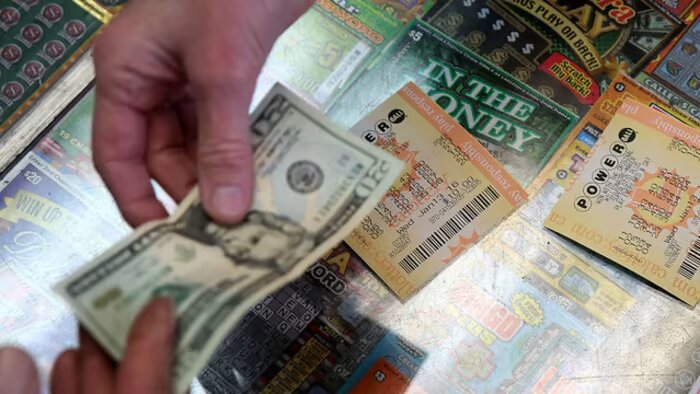In the realm of chance and dreams, few things capture the imagination quite like the lottery. The allure of a massive jackpot, the promise of overnight wealth, and the tantalizing prospect of a life transformed with a single ticket purchase—these are the elements that draw millions to try their luck week after week. But amidst the thrill and anticipation, a perennial question persists: Is winning the result macau purely a matter of luck, or can strategic approaches tilt the odds in one’s favor?
Unveiling the Mechanics:
At its core, the lottery is a game of probabilities, where participants select a combination of numbers in the hopes that they match those drawn at random. Traditional lotteries employ a variety of formats, from choosing numbers manually to utilizing automated systems, but the underlying principle remains constant—randomness governs the outcome.
Luck’s Role:
Undoubtedly, luck plays a significant role in lottery wins. The chance of any particular set of numbers being drawn is typically astronomically low, often akin to finding a needle in a haystack. Yet, as the saying goes, “you have to be in it to win it.” Every ticket purchased represents a minuscule possibility of hitting the jackpot, and for some fortunate individuals, lightning does strike.
However, relying solely on luck is akin to navigating a ship without a compass—it may lead to success, but the journey is fraught with uncertainty. As such, many lottery enthusiasts seek to augment their fortunes with strategic approaches and statistical insights.
The Strategic Edge:
Contrary to popular belief, there are strategies that can enhance one’s chances of winning, albeit marginally. One such tactic is avoiding commonly selected numbers, as shared jackpots diminish the individual payout. Additionally, some opt for “wheeling” systems, which involve selecting a larger set of numbers and playing various combinations to cover more possibilities.
Another tactic gaining traction is syndicate play, where groups pool their resources to purchase multiple tickets, increasing the collective odds of winning. While this method reduces individual payouts, it enhances the probability of securing a win—a trade-off many find worthwhile.
Moreover, advancements in technology have given rise to lottery prediction software, algorithms purported to analyze historical data and identify patterns that may influence future draws. While efficacy varies and skepticism abounds, proponents argue that such tools offer a strategic edge in an otherwise unpredictable domain.
The Power of Responsible Play:
Ultimately, whether one leans on luck or strategy, responsible play is paramount. The lottery, like any form of gambling, carries inherent risks, and indulgence should be tempered with prudence. Setting limits, adhering to a budget, and viewing participation as entertainment rather than a financial strategy are essential principles for maintaining a healthy relationship with the game.
The lottery remains a fascinating confluence of chance and human aspiration—a microcosm where dreams collide with statistical realities. While luck undeniably reigns supreme, strategic approaches can provide a modicum of control in an otherwise chaotic landscape. Whether through avoiding common pitfalls, embracing syndicate play, or leveraging technological aids, players can navigate the labyrinth of probabilities with greater finesse.
